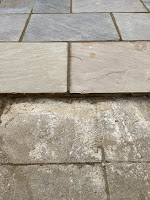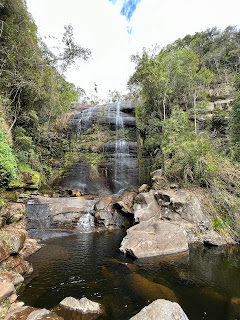On a geography lesson, determination, and a giant sycamore tree (series: notes to myself)

I must have been eight or nine years old, for I had just finished my third (or was it fourth?) grade (terza o quarta elementare). It was the usual, long summer in Guarcino, the small village between Rome and Naples, where I spent all my childhood holidays. Soon we would have returned to Rome, the school would have restarted, and I would have failed all the geography tests. Again. I had no memory. Never did and never will. Yet the teacher kept quizzing me about the names of the regions of Italy, the names of the cities in the regions and of the main rivers, and their length, the names of the highest mountains in the Alps and the Apennine... There was no reasoning, no logical inference, nothing to understand, criticise, or debate. I remember her asking me about the “orography” of the Val d’Aosta region. The word in Italian is very similar: “orografia”. I had no recollection. So I started talking about the importance of “oro” in Val d’Aosta (“oro” means gold in Italian). She kindly and ge








